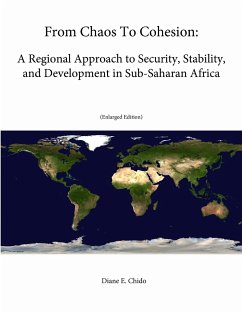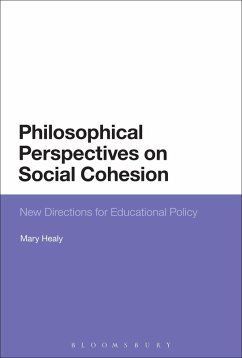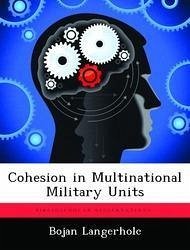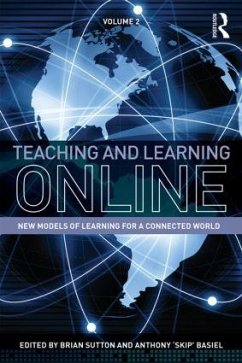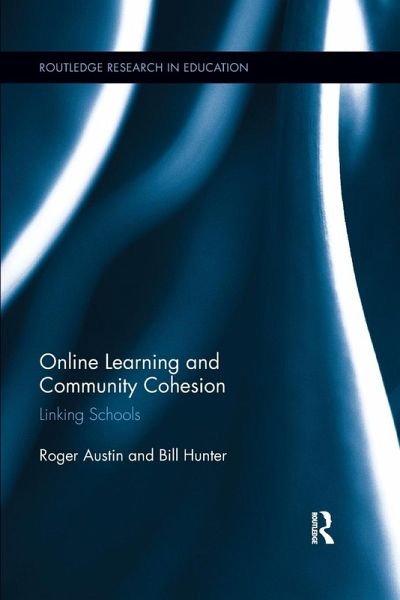
Online Learning and Community Cohesion
Linking Schools
Versandkostenfrei!
Versandfertig in 1-2 Wochen
65,99 €
inkl. MwSt.
Weitere Ausgaben:

PAYBACK Punkte
33 °P sammeln!
National governments and multi-national institutions are spending unprecedented amounts of money on ICT on improving the overall quality of school learning, and schools are increasingly expected to prepare young people for a global economy in which inter-cultural understanding will be a priority. This book explores and analyzes the ways ICT has been used to promote citizenship and community cohesion in projects that link together schools in different parts of the world. It examines the theoretical framework behind such work and shows the impact of initiatives in the Middle East, Canada, the US...
National governments and multi-national institutions are spending unprecedented amounts of money on ICT on improving the overall quality of school learning, and schools are increasingly expected to prepare young people for a global economy in which inter-cultural understanding will be a priority. This book explores and analyzes the ways ICT has been used to promote citizenship and community cohesion in projects that link together schools in different parts of the world. It examines the theoretical framework behind such work and shows the impact of initiatives in the Middle East, Canada, the USA, England, Northern Ireland, the Republic of Ireland and elsewhere in the European Union. This is a critical examination of the technologies that have been deployed, the professional development that has been provided and an evaluation of what constitutes good practice, particularly in terms of what collaborative learning really means for young people. Many of these initiatives have enabled young people to develop more positive relations with culturally and religiously different neighbours, but this work has just begun. Continuing international tensions over matters of identity and faith require that we better understand the political context for such work so that we might shape future directions more deliberately and more clearly.






